I want to send email with nodemailer using html template. In that template I need to inject some dynamically some variables and I really can't do that. My code:
var nodemailer = require('nodemailer');
var smtpTransport = require('nodemailer-smtp-transport');
smtpTransport = nodemailer.createTransport(smtpTransport({
host: mailConfig.host,
secure: mailConfig.secure,
port: mailConfig.port,
auth: {
user: mailConfig.auth.user,
pass: mailConfig.auth.pass
}
}));
var mailOptions = {
from: 'my@email.com',
to : 'some@email.com',
subject : 'test subject',
html : { path: 'app/public/pages/emailWithPDF.html' }
};
smtpTransport.sendMail(mailOptions, function (error, response) {
if (error) {
console.log(error);
callback(error);
}
});
Let's say I want in emailWithPDF.html something like this:
Hello {{username}}!
I've found some examples, where was smth like this:
...
html: '<p>Hello {{username}}</p>'
...
but I want it in separate html file. Is it possible?
